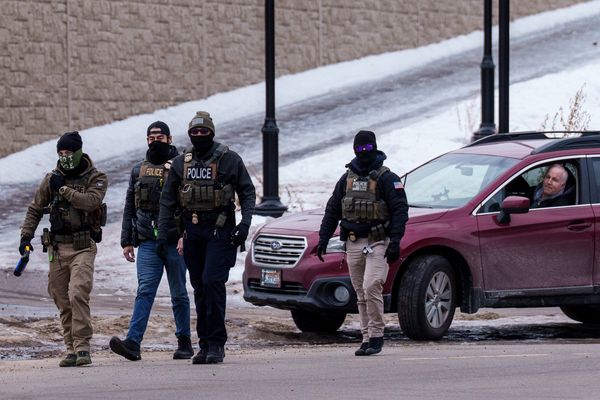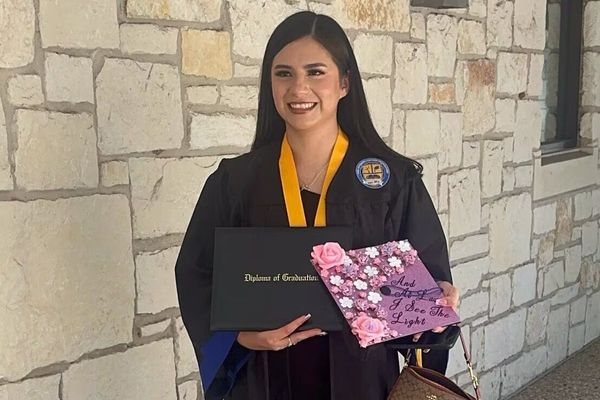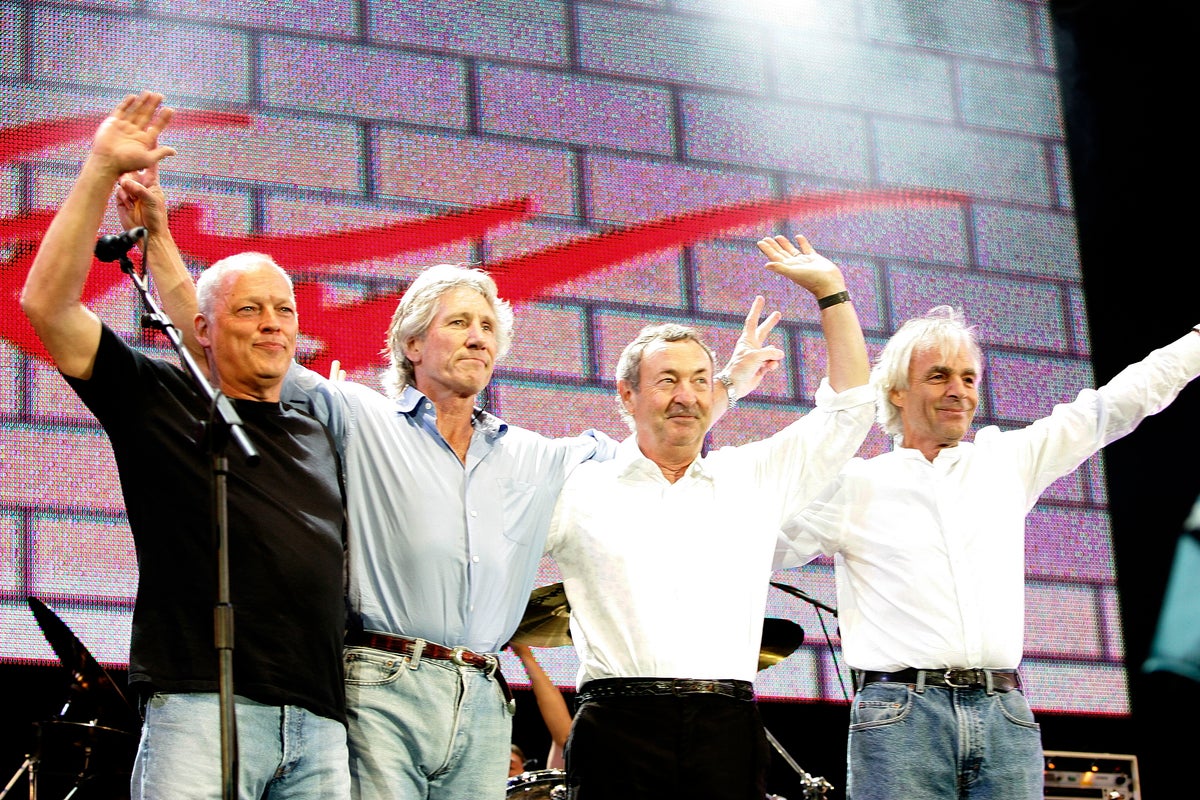
Live Aid lied to us. It would be 20 years from that legendary transatlantic charity knees-up before an all-star Bob Geldof production would rock all over the world.
That happening – minus Status Quo themselves, who had opened Live Aid in 1985 with an iconic “Rockin’ All Over the World” but had other commitments this time – would be its follow-up, Live 8: a global cavalcade of major A-list concerts staged 20 years ago this week in Philadelphia, Edinburgh, Berlin, Moscow, Rome, Ontario, Paris, Johannesburg, Cornwall, Chiba in Japan and the concept’s hub in London’s Hyde Park. The event may not have had the historic significance of its 1985 predecessor, with its table-thumping primetime swearing, its Freddie Mercury and its £100m raised for famine relief. But Live 8’s numbers far surpassed those of Live Aid.
Fifty thousand people watched the London show on screens outside Hyde Park, 150,000 inside the venue. Around a million flocked to the Rocky steps on Benjamin Franklin Parkway for the Philadelphia concert, and – via 182 television networks worldwide – anywhere between 30 million and 2 billion people are estimated to have watched the shows. If the latter figure is anywhere near correct, that means more people saw Peter Doherty, chewing on a lighter and struggling to control a very wobbly military hat, slur his way through T Rex’s “Children of the Revolution” with Elton John than originally watched Neil Armstrong set foot on the moon.
The stars, too, were interstellar. Amongst a who’s who of Noughties rock and pop culture, London paid host to short sets by Coldplay, U2, Paul McCartney, The Who, Madonna, Mariah Carey, Robbie Williams, The Killers, REM and – the major event of the day – a re-formed Pink Floyd. In Philadelphia, Stevie Wonder topped a bill featuring Jay-Z, Kanye West and Bon Jovi, while the likes of Muse, The Cure, Pet Shop Boys, Neil Young, Bryan Adams, Green Day, Brian Wilson and Celine Dion graced stages worldwide. A lineup that, according to Bono, Geldof miraculously pulled out of his platinum Rolodex inside two months.
“Geldof only agreed to this six weeks ago,” the U2 frontman told NME backstage on the day – 2 July 2005. “He didn’t want to do Live 8 unless he came up with something original – he found that with the eight cities and the moving from charity to justice.” The clincher was Bono’s suggestion of U2 and Paul McCartney recreating The Beatles’ Sgt Pepper’s Lonely Hearts Club Band for arguably the world’s first show-stopping opening number, right down to the neon bandmen suits and a living 2005 version of the album sleeve. “I sold him the idea of Paul McCartney walking out and going ‘It was 20 years ago today’,” Bono said. “That’s when Geldof stopped telling me to f*** off.”
The justice in question was a fundamental correction of worldwide inequality. Rather than try to raise millions from the public for the poor and starving in Africa – which had proven something of a warlord-enriching sticking plaster in the wake of Live Aid – Live 8 was aiming to make poverty history altogether via a top-down redistribution of global wealth. A mass pressure protest hoping to shake the very top of the economic tree, the shows were timed to coincide with the G8 summit being held at the Gleneagles Hotel in Scotland in the hope of pressuring the world leaders present to cancel third world debts and increase aid budgets to the neediest regions.
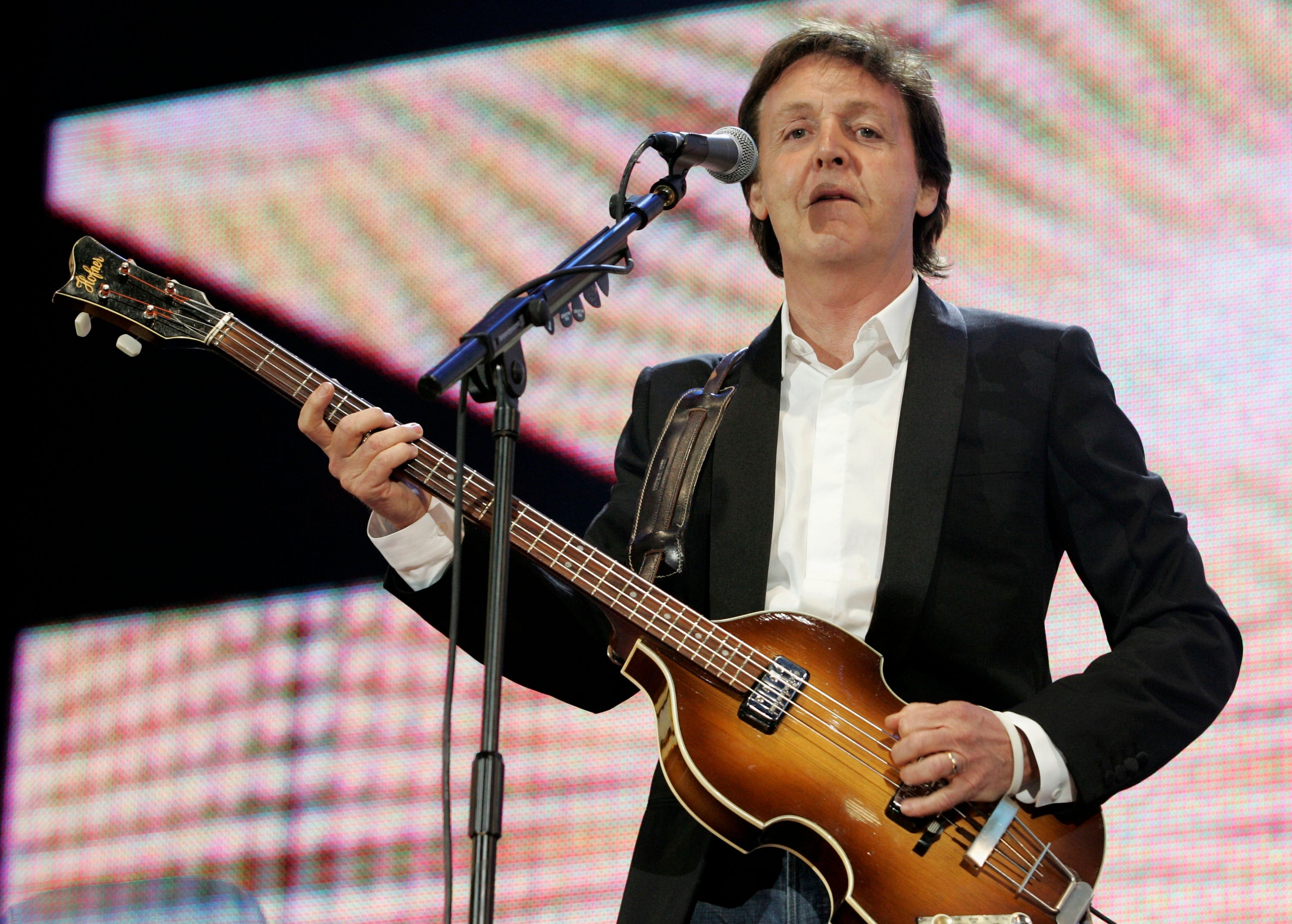
Before Live 8 even began, signs were good that the UK’s Labour government, at least, might be listening. “The fact that you’ve seen Gordon Brown come out of the G8 financial meeting two weeks ago … and say ‘OK, 18 countries, debt wiped, we’re looking towards 37 countries’, that’s fantastic,” said co-organiser Midge Ure. “I don’t think anything like this has ever happened before, where the public have stood up and said, ‘This isn’t right, let’s change it’.”
Meanwhile, though Bono’s Sgt Pepper cover idea didn’t come off and only the horn section wore the suits, U2 and Macca’s collaboration on “Sgt Pepper’s Lonely Hearts Club Band” launched a day of much onstage memory-making. The likes of Brad Pitt, David Beckham, Ricky Gervais, Bill Gates and Kofi Annan introduced a quickfire array of major-league sets, including collaborations such as Elton and Doherty (the latter actually dressed in homage to Charlotte Rampling’s performance in The Night Porter), Mariah Carey and an African Children’s Choir, McCartney and George Michael doing “Drive My Car” and Coldplay playing “Bitter Sweet Symphony” with Richard Ashcroft, who arrived – naturally for an astral traveller such as himself – waving his shoes above his head.
The most hot-ticket collaboration, though, was between Pink Floyd and itself. It had been 24 years since the revered prog band’s classic 1970s lineup of David Gilmour, Roger Waters, Nick Mason and Richard Wright had played together, the domineering Waters having left acrimoniously in 1985 and since sued the remaining band over rights to the name. “We needed some massive moment that visualised what we were trying to do,” Geldof recently told The Telegraph, “that people could come together despite whatever enmity there was, for a reason that was over and above that enmity.”
Having read Mason was wavering over the possibility of a reunion if “it was something like Live Aid”, Geldof (who had previously starred in Pink Floyd’s The Wall film) refused to take no for an answer and jumped on a train to Gilmour’s home to convince him to reunite the band. “He said, ‘I’m not going to do it.’ And I said, ‘I don't accept that’,” Geldof said. “Then Roger called me, and … said, ‘Well, give me his number’. Hello. I’m giving Roger Waters David Gilmore’s number. That’s mad.” Waters himself sealed the deal. “My mobile rang and it was ‘Hi, this is Roger… how about it?’,” Gilmour told Classic Rock in 2022. “It was… surprising.”
Hatchets buried, the band even considered inviting their reclusive Sixties singer Syd Barrett to rejoin for the event. “That did not appear feasible,” Waters said. “Each time that someone utters the words ‘Pink Floyd’ he becomes restless.” According to Waters, rehearsals were “like putting on an old shoe”, but they weren’t entirely harmonious. “The rehearsals convinced me it wasn’t something I wanted to be doing a lot of,” Gilmour said.
They understood whatever personal things, they were petty in the face of what they were trying to achieve, what they had achieved as a band, or what they did that night. It was immense
Nonetheless, their four-song set, including “Money”, “Wish You Were Here” and “Comfortably Numb”, was the undoubted highlight of the London show, with Waters declaring from the stage, “It’s actually quite emotional, standing up here with these three guys after all these years, standing to be counted with the rest of you.” Geldof found the set “exceptionally beautiful, the way they played. Just for that moment, they were prepared to put whatever personal animosities [aside]… They understood whatever personal things, they were petty in the face of what they were trying to achieve, what they had achieved as a band, or what they did that night. It was immense.”
In the wake of the gig, Pink Floyd were reportedly offered $150m to tour, but Waters claimed, “I’m not in the mood.” Waters has since described the reunion as “terrific fun. It was good to have that chance to let bygones be bygones, if only for a few days.” And Gilmour agreed. “The Live 8 thing was great, but it was closure,” he said. “It was like sleeping with your ex-wife. There’s no future for Pink Floyd.”
Meanwhile, Ure told the press cameras that Live 8 was a far easier event to run than Live Aid. “It’s all working very well,” he said. “Twenty years ago, we had no technology. We had a mobile phone that could call round the corner that weighed a ton. You couldn’t do international calls, everything was done by Telex. Trying to organise a concert in Philadelphia and London simultaneously was a nightmare.” But the scene backstage was still a tornado of A-list chaos and pop star encounters. “It was kind of mayhem,” Robin Campbell of UB40 tells The Independent today. “We had a dressing room that wasn’t far from Madonna’s, and she was not being very friendly with autographs and stuff. I remember people trying to get autographs or photos with her, and she just wasn’t having it. But mostly the atmosphere was pretty buzzing. I remember taking a picture with Randy Jackson and ended up really getting on with him. Paul McCartney was there… he was side stage when we were on, watching the show.”
Razorlight’s Johnny Borrell recalls randomly running into R&B goddess and perennial Christmas loner Mariah Carey. “I met her very briefly and she seemed really nice,” he says. “I was just checking to see if there was any makeup on her dog or not. And Snoop Dogg was on after us. I remember [him] giving me some respect as I came off stage. That fulfilled many of my dreams.”
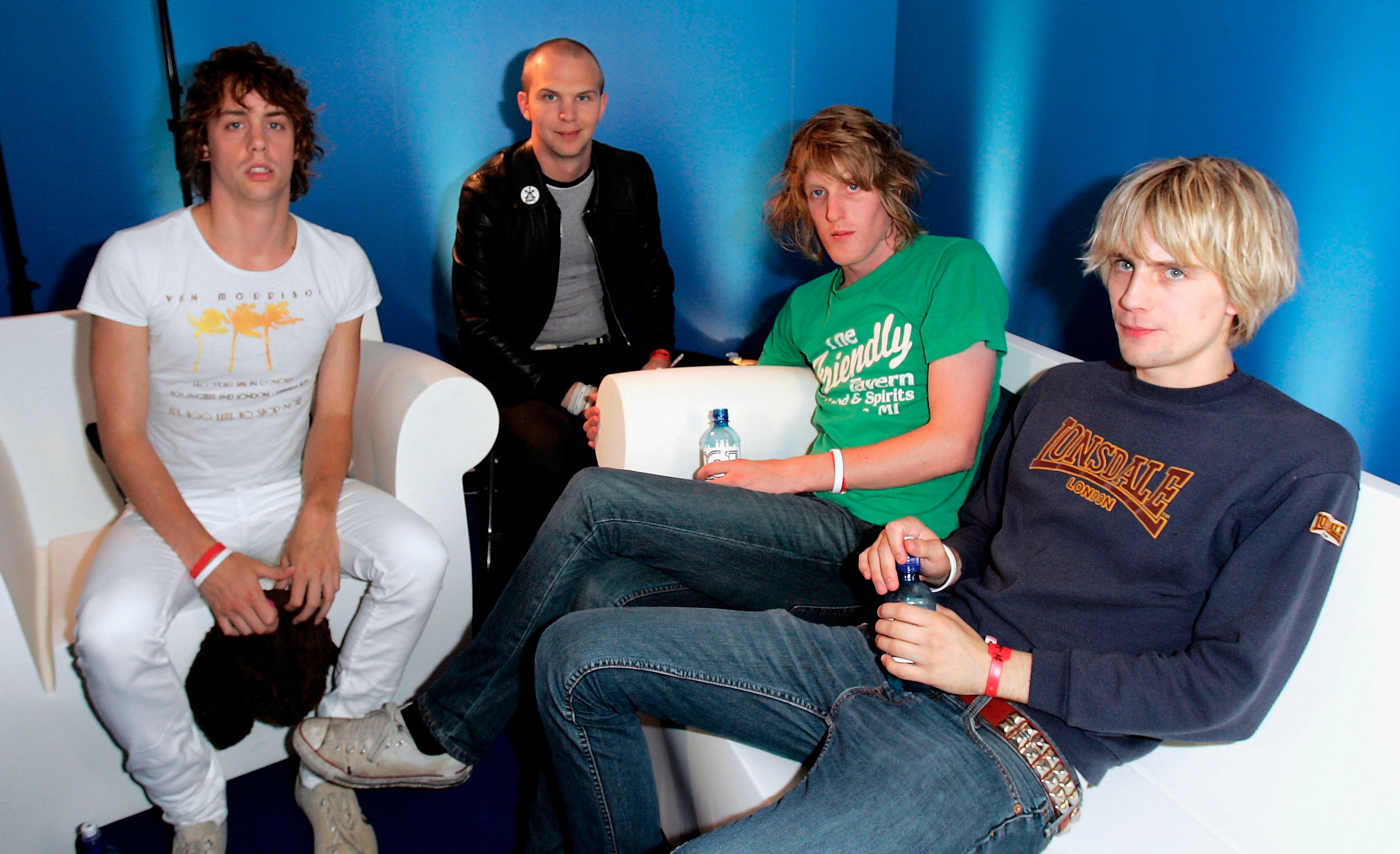
The potential for backstage faux pas was widespread. “I was talking to somebody and [someone] came up to me and tapped me on the shoulder, and went ‘All right, how you going?’” Campbell remembers. “I just went, ‘OK’ and carried on talking to the person I was talking to. My wife was standing there just looking aghast at me – ‘Do you realise what you just did? You just cold-shouldered George Michael’.”
Opening the Philadelphia show – which they now believe was down to a clerical error, their name drifting from the bottom of one list on an organisational whiteboard to the top of another – Kaiser Chiefs weren’t immune. After their barnstorming set and a congratulatory fist-bump from presenter Will Smith, singer Ricky Wilson found himself at the side of the stage with Fergie from The Black Eyed Peas asking for a swig from his champagne bottle before she went on.
“I said, ‘A lot of people say that my girlfriend...’ – not now, at the time – ‘that my girlfriend looks a lot like you’,” he says. “And she said, ‘That’s a nice thing to say’. And I just shook my head and said: ‘Nah, it’s not.’ She looked very confused, and then was ushered onto the stage. So if you see footage and she’s looking a bit like she’s been insulted, that was probably why. She’s a very beautiful woman, I don’t know why I replied that.”
Geldof himself was overwhelmed by the event. “Everything that rock’n’roll was ever meant to be is happening now,” he told the press run. “Everything I thought it was when I was a kid, in this moment it’s all made real.” Other performers weren’t quite so enamoured. “What I remember mostly is looking at a load of plates of lobster going off in the sun while I was looking at the backdrop of a starving African child,” says UB40 drummer Jimmy Brown. And while no acts were paid for their performances, in Philadelphia they were given a goodie bag containing Bertolucci watches, Gibson guitars and Hugo Boss suits with a combined value of around $12,000. “The first thing, we got out of our people carrier and I had to sign a Corvette,” says Wilson, “which to this day is probably the most expensive thing I’ve signed.”
If you see footage of Fergie looking like she’s been insulted, that was probably why ... I don’t know why I replied that
As with Live Aid, once the final strains of an all-star, Macca-hugging “Hey Jude” had faded, many questions were raised over how much good Live 8 had achieved. Just days after the shows, the G8 leaders announced a pledge to double the level of aid to poor nations to $50bn by 2010, with half of the money going to Africa, and a total of 36 countries saw their debts cancelled to a total of $130bn. This action saw the proportions of children completing primary school rise significantly, to the benefit of 50 million students, and the number of women dying in childbirth fall. But some G8 countries were slow in honouring their aid pledges and, according to Oxfam, the $50bn promise fell $20bn short. By 2015, following the global economic crisis, loans to African countries had tripled, and today the reduction of foreign aid – or even its complete eradication if Reform UK gets its way – has entered mainstream political discourse, with the UK’s budget set to drop for a second time in 2027.
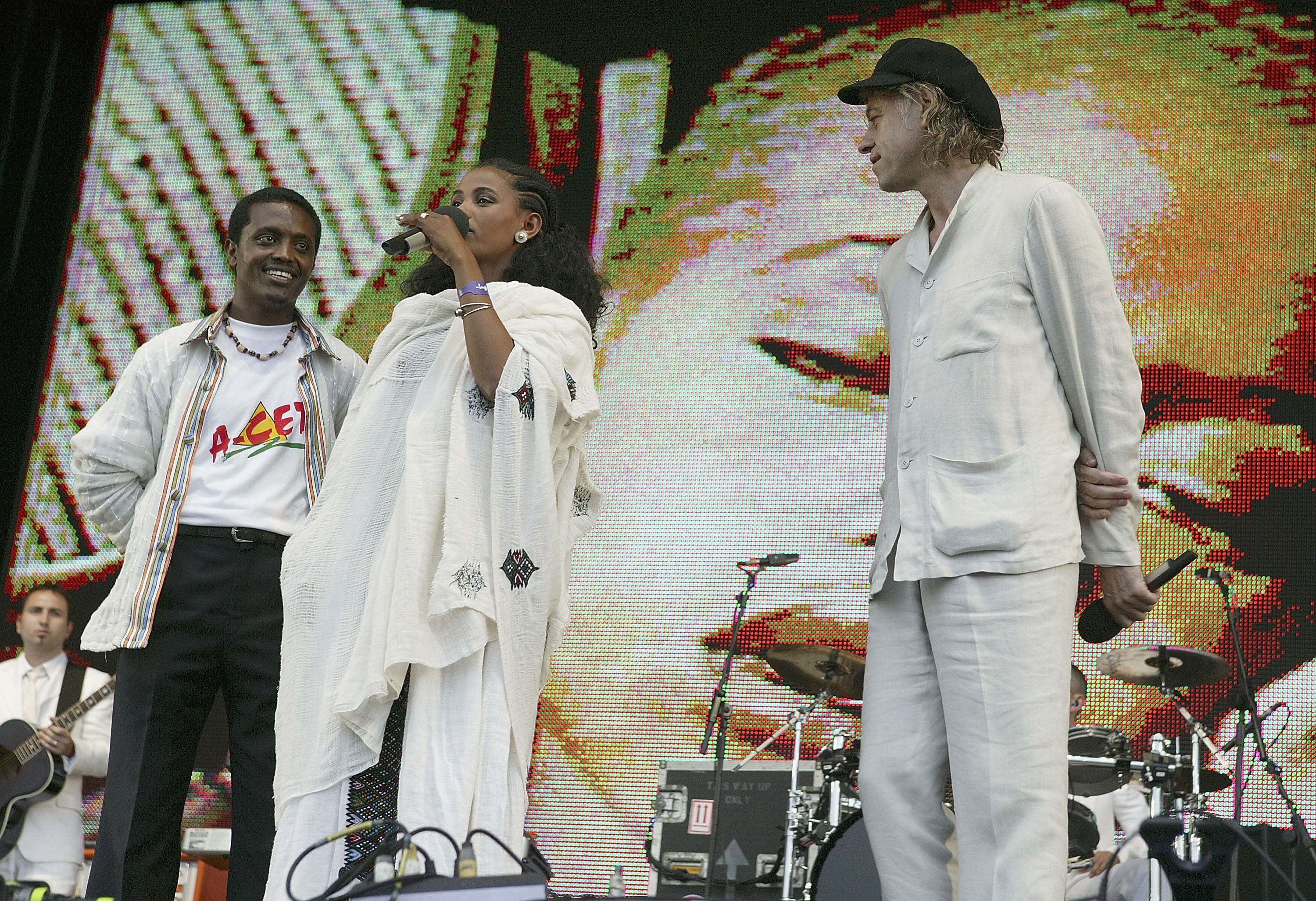
With poverty still very much in the present, and rising, some Live 8 performers are understandably disillusioned. “Make Poverty History was a great conceit, but it clearly hasn’t worked,” says Borrell. “My take on all of that is capitalism wins, regardless of whatever intentions people may have.” He cites Razorlight’s work with Friends of the Earth to promote the Climate Change Act of 2008, only to find Labour now announcing a new Heathrow runway and putting economic growth ahead of environmental concerns. “That’s one example among millions of the fact that every-last-cent capitalism just seems to win out and seems to be in control.”
Still, Live 8 made a small but significant dent in global inequality. But speaking at the launch of the recent Live Aid musical Just for One Day, Geldof declared it unlikely that another such global musical union could happen in the same way. “Unfortunately, social media seems to be a sort of isolating type [of] medium,” he said. “When you had just essentially two stations in the UK, everyone saw the same thing… But the problem is, do people have the bandwidth? They’re so exhausted with the horror of Gaza and the terror of Ukraine and the American political situation that it’s hard to draw attention to those who, through no fault of their own, are dying right now.” The enormo-gig method may have run its course: the Geldofs of the digital age will have to find new, pan-media ways of rocking, and feeding, the world.
Bob Geldof told Freddie Mercury to ‘just play the hits’ before iconic Live Aid show
Brian May’s four-word response to Freddie Mercury’s secret daughter claim
All the celebrities spotted at Glastonbury 2025
Music critics say Oasis only made two good albums. Gen Z strongly disagree
Drummer Zak Starkey on The Who: ‘I don’t know what the f*** is happening’
Kneecap are the perfect Glastonbury band – the political controversy is proof
